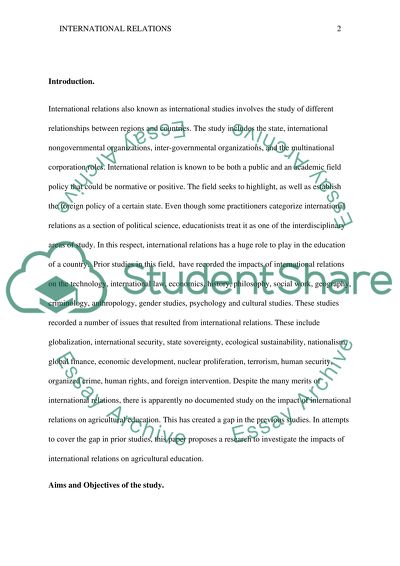Cite this document
(“Impact of International Relations on Agricultural Education Dissertation”, n.d.)
Retrieved from https://studentshare.org/politics/1616128-impact-of-international-relations-on-agricultural-education
Retrieved from https://studentshare.org/politics/1616128-impact-of-international-relations-on-agricultural-education
(Impact of International Relations on Agricultural Education Dissertation)
https://studentshare.org/politics/1616128-impact-of-international-relations-on-agricultural-education.
https://studentshare.org/politics/1616128-impact-of-international-relations-on-agricultural-education.
“Impact of International Relations on Agricultural Education Dissertation”, n.d. https://studentshare.org/politics/1616128-impact-of-international-relations-on-agricultural-education.


